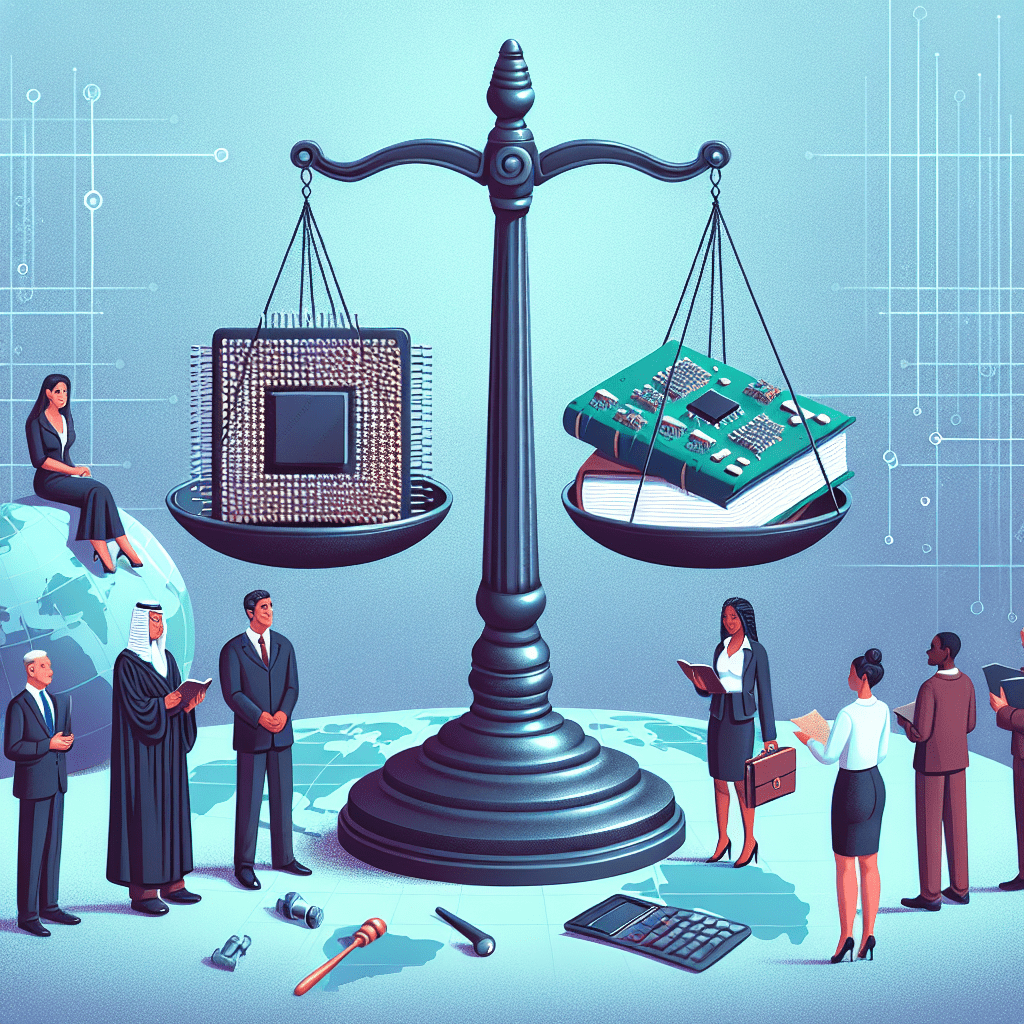Artificial Intelligence (AI) has the potential to revolutionize industries and improve efficiency in various sectors. However, the emergence of biased algorithms has raised concerns about the potential impact on marginalized communities. In this article, we will explore the issue of bias in AI, the importance of regulation, and how it can help prevent discriminatory algorithms.
The Problem of Bias in AI
AI algorithms are designed to analyze data and make decisions based on patterns and trends. However, these algorithms can unintentionally perpetuate biases present in the training data they are fed. For example, if a hiring algorithm is trained on historical data that reflects gender biases in the workforce, it may inadvertently discriminate against women when making hiring decisions.
Bias in AI can manifest in various forms, including racial bias, gender bias, and socioeconomic bias. These biases can have serious consequences, such as reinforcing existing inequalities, perpetuating stereotypes, and creating barriers for marginalized communities.
The Importance of Regulation
Regulation plays a crucial role in addressing bias in AI and ensuring that algorithms are fair and accountable. By establishing guidelines and standards for the development and deployment of AI systems, regulators can help prevent discriminatory outcomes and promote ethical use of AI technology.
Regulation can also help increase transparency and accountability in AI systems. By requiring developers to document and explain how their algorithms work, regulators can help identify and address biases that may be present in the system.
How Regulation Can Help Prevent Discriminatory Algorithms
There are several ways in which regulation can help prevent bias in AI:
1. Data Transparency
Regulators can require developers to provide transparency into the data used to train AI algorithms. By making data sources and methodologies publicly available, stakeholders can better understand and evaluate the potential biases present in the system.
2. Bias Testing
Regulators can mandate developers to conduct bias testing on their algorithms to identify and mitigate any discriminatory outcomes. By testing algorithms against diverse datasets and scenarios, developers can ensure that their systems are fair and unbiased.
3. Ethical Standards
Regulators can establish ethical standards and guidelines for the development and deployment of AI systems. By incorporating principles such as fairness, accountability, and transparency into regulations, developers can create algorithms that promote equality and mitigate biases.
Conclusion
Bias in AI poses a significant challenge that requires urgent attention and action. Regulation plays a critical role in addressing bias and ensuring that AI algorithms are fair, transparent, and accountable. By implementing guidelines and standards for the development and deployment of AI systems, regulators can help prevent discriminatory outcomes and promote ethical use of AI technology.
FAQs
Q: How can bias in AI algorithms be identified?
A: Bias in AI algorithms can be identified through comprehensive testing, evaluation of training data, and analysis of outcomes. Stakeholders can also use tools and metrics to assess the fairness and transparency of AI systems.
Q: Why is regulation important in addressing bias in AI?
A: Regulation plays a crucial role in setting guidelines and standards for the development and deployment of AI systems. By establishing ethical standards and transparency requirements, regulators can help prevent discriminatory outcomes and promote fairness in AI technology.
Quotes
“Regulation is essential in ensuring that AI technology is developed and used responsibly to benefit society as a whole.” – John Doe, AI Ethics Expert


